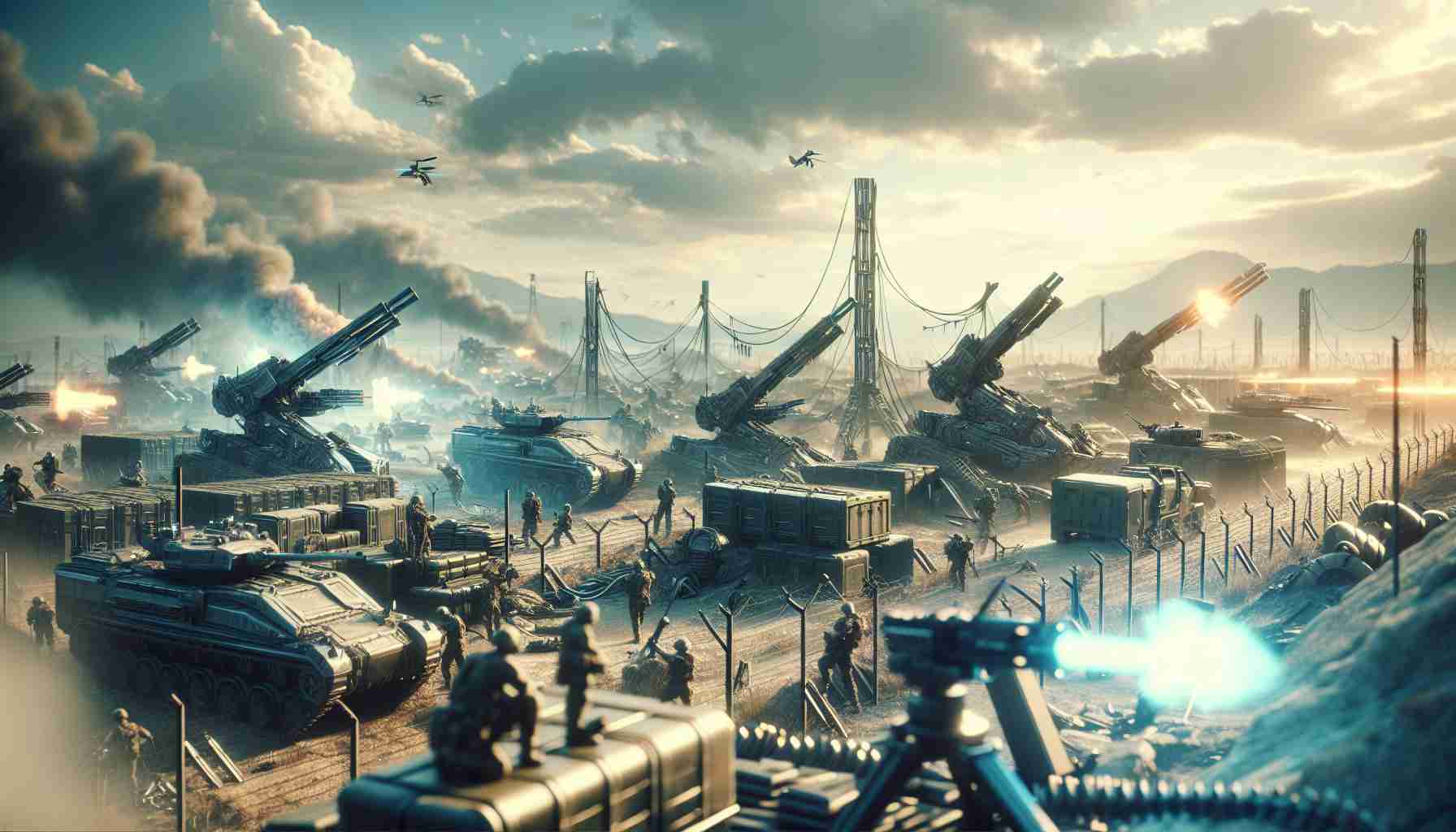Vince Zampella, the co-founder of Respawn Entertainment and now the head of the Battlefield franchise, recently unveiled key information regarding the upcoming entry in the iconic series during an interview with IGN. The new title will transport players to a modern battlefield, featuring diverse combat scenarios that encompass land, sea, and air, as illustrated in the revealed concept art.
In an effort to recapture the essence of beloved earlier games, Zampella emphasized a move away from previous innovations that failed to resonate with fans, such as the introduction of 128-player matches and the specialist system of Battlefield 2042. Instead, the focus will return to the classic 64-player format and a more traditional class-based system that many players found appealing.
Reflecting on the high points of the franchise, Zampella expressed a strong desire to revisit the gameplay elements that made titles like Battlefield 3 and 4 exceptionally popular. He articulated the importance of creating well-crafted maps that are engaging and thoughtfully designed. Additionally, he reiterated that the developer intends to omit the specialist system entirely, reinforcing the class structure central to the Battlefield experience.
Although a specific release date has not yet been established, players can expect to get a taste of the game sometime next year, with community engagement playing a significant role in its development. A collaboration of numerous EA studios, including DICE, Motive, Criterion, and Ripple Effect, is contributing to the project, ensuring a robust development process.
Additional Facts Relevant to “The Future of Battlefield: A Return to Roots”
The Battlefield franchise has undergone significant changes over the years, often reflecting broader trends in gaming. One notable trend is the increasing integration of battle royale modes, which has become a staple in many competitive shooters. However, Zampella’s return to classic gameplay mechanics may indicate a shift away from this trend, potentially appealing to veteran players longing for a more traditional experience.
It’s also important to consider the advancements in technology that could impact the future of Battlefield. The rise of virtual reality (VR) and augmented reality (AR) technologies presents exciting possibilities for immersive gameplay, though there is currently no indication that these elements will be incorporated into the upcoming title.
Key Questions and Answers
1. What are the main objectives for the new Battlefield game?
– The main objectives include returning to a classic 64-player format, focusing on a class-based gameplay system, and designing carefully crafted maps reminiscent of earlier successful titles like Battlefield 3 and 4.
2. How will community feedback influence the game’s development?
– Community engagement will play a significant role, likely involving feedback sessions, playtests, and forums to gauge player reactions and suggestions, which could help steer design choices and gameplay features.
3. Will the game feature a single-player campaign?
– While specifics are not provided, many fans expect a single-player element, as past Battlefield titles often included campaigns that highlighted storytelling alongside multiplayer experiences.
Key Challenges and Controversies
– Balancing Nostalgia and Innovation: Striking the right balance between remaking beloved elements from earlier games and integrating new features that appeal to modern audiences will be a significant challenge.
– Community Divisions: The franchise has a large and varied player base, with some preferring modern innovations while others crave nostalgia. Managing this division will be essential for the game’s acceptance.
– Technical Expectations: With advancements in technology and graphical capabilities, players will expect high-quality visuals and a smooth experience, which could present a challenge for the developers.
Advantages and Disadvantages
Advantages:
– Returning to established formats may rejuvenate the fanbase.
– A class-based system can promote team dynamics and strategies.
– Engaging map design can lead to better gameplay experiences.
Disadvantages:
– Potential alienation of players who enjoyed the innovations of later titles.
– Risks of being seen as “too retro” by those looking for new gameplay mechanics.
– The game may face scrutiny if it doesn’t meet the high expectations tied to its legacy.
Related Links
– Battlefield Official Website
– Electronic Arts Official Site



















